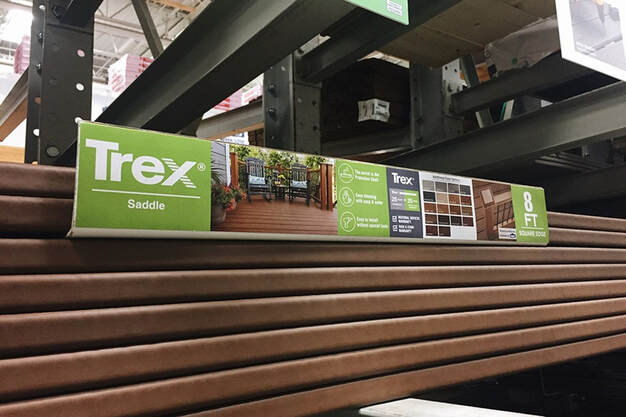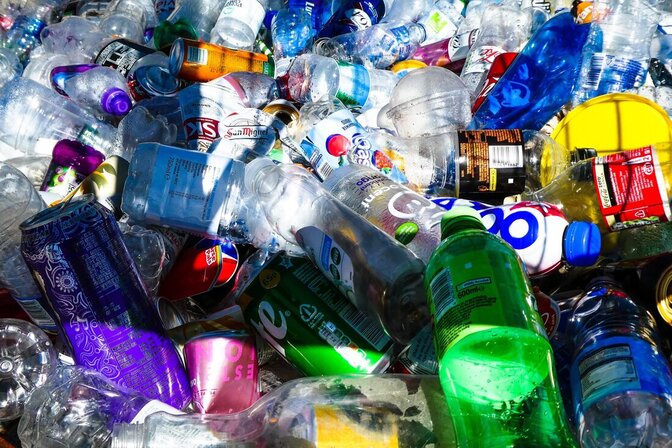Get the Latest Industry News Delivered to your Inbox Each Month
|
|
Thank you for Signing Up |


November 7, 2021
New carbon-fiber reinforced vitrimer composites show reversible fatigue
New carbon-fiber reinforced vitrimer composites show reversible fatigue
Carbon-fiber reinforced polymer (CFRP) composites materials have such superior weight-to-strength ratios that they find applications everywhere, from aerospace to snowboards. The structural disadvantage to CFRPs is their relatively low fatigue endurance limits. Now, a research team comprising members at University of Washington, Rensselaer Polytechnic Institute, and the Beijing University of Chemical Technology, describes in the journal Carbon, a CFRP material with all the useful properties as traditional ones, but that “can be repeatedly healed with heat, reversing any fatigue damage and providing a way to break it down and recycle it when it reaches the end of its life.” The material is part of a class called vitrimers, which fall between traditional thermoset and thermoplastic polymers. The reversible chemical linkages found in these vitrimers allow for a self-healing property which could have a profound impact on their future use.
You can read more about this group’s important discovery here.
You can read more about this group’s important discovery here.
November 10, 2021
JW Hill Capital Acquires 2 Composites Technology Firms
JW Hill Capital Acquires 2 Composites Technology Firms
JW Hill Capital, a private equity firm specializing in aerospace, recently announced the acquisition of Angeles Composites Technologies, Inc., from Avantus Aerospace, as well as Performance Plastics, Inc. These two companies provide a spectrum of composite structures and assemblies of all sizes, to diversity JW Hill’s aerospace portfolio.
Angeles Composites Technologies, Inc. (ACTI), located in Port Angeles, Washington, manufactures structural composite assemblies and components for commercial and business aviation. Since 1996, ACTI's focus has been on mid to large-size monolithic composite structures and assemblies.
Performance Plastics, Inc. (PPI) manufacturers precision-engineered composite aerostructure components for commercial and military OEMs and tier-one suppliers. Since 1982, PPI has focused on small to mid-size assemblies.
Learn more about JW Hill Capital here.
Angeles Composites Technologies, Inc. (ACTI), located in Port Angeles, Washington, manufactures structural composite assemblies and components for commercial and business aviation. Since 1996, ACTI's focus has been on mid to large-size monolithic composite structures and assemblies.
Performance Plastics, Inc. (PPI) manufacturers precision-engineered composite aerostructure components for commercial and military OEMs and tier-one suppliers. Since 1982, PPI has focused on small to mid-size assemblies.
Learn more about JW Hill Capital here.
November 15, 2021
Trex invests $400M on PE recycling plant #3
Trex invests $400M on PE recycling plant #3
Winchester, VA-based Trex, which manufactures composite lumber from recycled PE film and wood powder, is expanding its polyethylene recycling operations with a new campus in Little Rock, AR. The company announced investment of $400 million over the next five years into a new recycling and production site at the Port of Little Rock. This is the company’s third composite lumber campus in the US, and positions them for reduced freight costs for shipping their products to customers in middle America. Construction of the plant is expected to begin in early 2022, and to take about 2 years to become operational.
Read more about Trex’s latest expansion here.
Read more about Trex’s latest expansion here.
November 20, 2021
An important breakthrough with plastic-eating bacteria
An important breakthrough with plastic-eating bacteria
Many research efforts in the past decade have focused on bacteria’s ability to break down PET plastic into its constituent monomers, but that’s only the first step in bio-remediation. Now, researchers from the University of Manchester have published research in which monomer therphthalate (TPA) can be taken up into their cells, by a solute binding protein TphC. Describing the work published in the journal, Nature Communications, Manchester-team-leader Dr. Neil Dixon stated, “Understanding at a molecular level how these plastic breakdown products are imported into bacteria cells means that we can then use transporters in engineered cells for bioremediation applications to address pressing environmental concerns.”
Read about how the team discovered the proteins and enzymes involved in TPA assimilation here.
Read about how the team discovered the proteins and enzymes involved in TPA assimilation here.
© Copyright Bryan Hauger Consulting, Inc., 2018 - 2021. All rights reserved.




